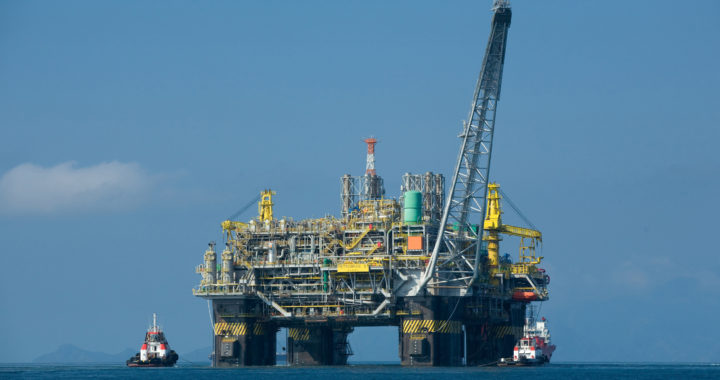On Tuesday, a two-day hearing to determine regulatory revisions for Colorado’s oil and gas industry unraveled following an inability to reach an agreement. As a result, regulators have voted to delay their rule-making until February 13 to gather more information on the issue.
Since last year’s tragic explosion in Firestone, Colorado, protestors of the oil and gas industry have been leveraging the public’s sympathy for the deceased into a renewed campaign to clamp down on the oil and gas industry. In spite of the fact that the Colorado Oil and Gas Conservation Commission (COGCC) has proposed a new level of regulations governing the extraction and transportation of oil and gas.
COGCC has proposed a series of new rules that would increase the frequency of flow line testing and pipeline inspections, as well as enhanced mapping of underground pipelines. A selection of government officials and protestors, however, are demanding a complete map of Colorado’s underground pipelines and flowlines.
“The oil and gas industry has a responsibility to provide safe, reliable service to the people of Colorado,” says Upstream Petroleum Management President Kim Rodell, adding, “Land developers, for example, have a responsibility to let potential homebuyers know they are buying in a historical oil and gas field.”
Like most progressive industry executives, Rodell applauds the regulatory overhauls sponsored by the COGCC and supports the effort to collect and disclose pipeline information and amp up oversight. However, she’s opposed to a public map of pipelines.
“Cooperation with other sectors and the government is a must,” says Rodell. “But cooperation doesn’t mean revealing potentially dangerous information. Putting out such sensitive information to the general public increases the risk to on-site industry employees, as well as to the environment itself.”
Rodell explains that safety must be the industry’s top priority, but public knowledge doesn’t necessarily equate to security. “People don’t consider the hazards that could arise from a comprehensive map of Colorado’s underground pipelines.”
Even as protestors complain that the regulations proposed by the COGCC do not go far enough, people fail to acknowledge that — if passed — these new guidelines would stand as the country’s strictest. Rather than waiting to determine the impact of these drastic overhauls, anti-fracking protestors would rush forward with little information or regard for the public well-being.
Innovation and oversight are perfectly well and good, but progress for its own sake is dangerous.

